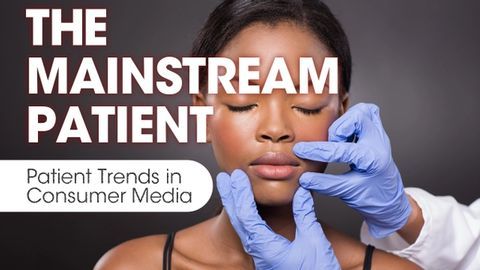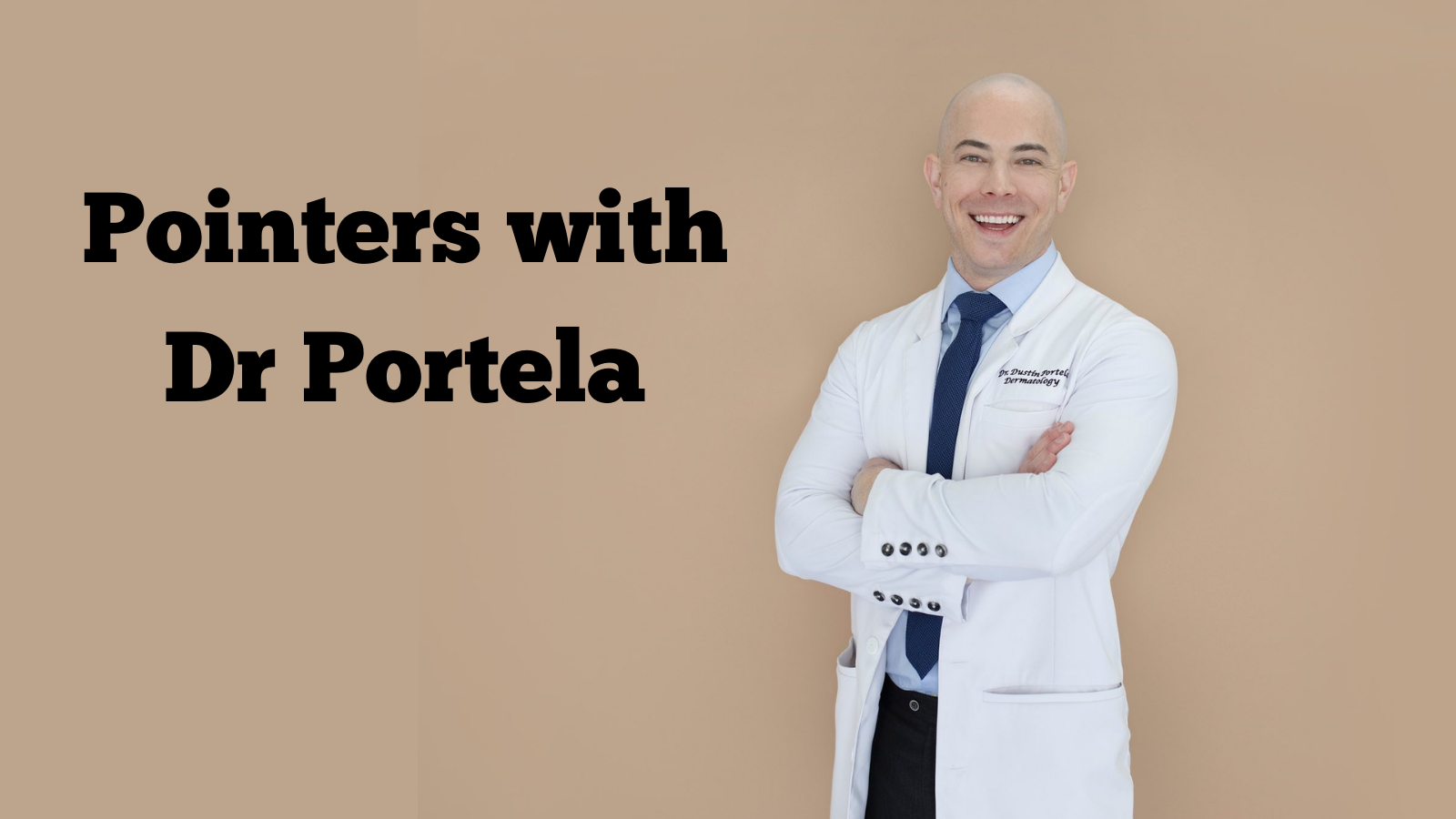- Acne
- Actinic Keratosis
- Aesthetics
- Alopecia
- Atopic Dermatitis
- Buy-and-Bill
- COVID-19
- Case-Based Roundtable
- Chronic Hand Eczema
- Chronic Spontaneous Urticaria
- Drug Watch
- Eczema
- General Dermatology
- Hidradenitis Suppurativa
- Melasma
- NP and PA
- Pediatric Dermatology
- Pigmentary Disorders
- Practice Management
- Precision Medicine and Biologics
- Prurigo Nodularis
- Psoriasis
- Psoriatic Arthritis
- Rare Disease
- Rosacea
- Skin Cancer
- Vitiligo
- Wound Care
Article
The Mainstream Patient: May 26
Author(s):
This week's edition of the Mainstream Patient features stories about facial balancing, eyelid surgery 101, dermatologist-recommended sunscreen sticks, and more.

New this week: Allure lists 15 of the best sunscreen serums and Elle reviews facial balancing with dermatologists. NewBeauty discusses eyelid surgery 101 and Byrdie talks about how to handle summer acne breakouts. Women's Health reveals the best sunscreen sticks according to dermatologists and Self explains how to find a dermatologist you click with.
15 Best Sunscreen Serums for a Glowy, Skin-Like Finish
"As previously shared by New York City-based board-certified dermatologist Marisa Garshick, MD, a nickel-sized dollop (or half a teaspoon for the face and neck combined) is the recommended amount. As always, Allure recommends an SPF of 30 or higher reapplied every few hours. And of course, these rules apply whether you're staying indoors or venturing outside."
Everything You Need to Know About Facial Balancing
"According to board-certified cosmetic dermatologist and Mohs skin cancer surgeon, Dr. Sheila Farhang, 'Facial balancing refers to cosmetic enhancements that help with symmetry and facial proportions”. And get this – the cosmetic treatment calls for minimal downtime. Despite the reemergence in popularity, the procedure has been around for decades.'"
Eyelid Surgery 101: The Ultimate Guide to the Transformative Procedure
“'The word blepharoplasty is derived from the Greek words blepharon, meaning eyelid, and plastos, meaning formed,' explains San Diego oculoplastic surgeon Allison McCoy, MD. 'Blepharoplasty is a type of plastic surgery that rejuvenates the upper eyelids, lower eyelids, or both, in order to improve appearance and vision. An upper eyelid blepharoplasty involves removal of excess eyelid skin with sculpting or repositioning eyelid fat, as needed. A lower eyelid blepharoplasty involves altering the fat, muscle and/or skin below the eye to restore a smooth, youthful contour.'”
Summer Breakouts Can Happen—Here's How to Treat and Prevent Them
"With increased sweating and outdoor activities during the warmer months, it's safe to assume that summer breakouts will happen. But between washing your towels regularly and swapping out your moisturizer for something lighter, there's actually a lot you can do to prevent breakouts. 'The goal is to keep acne-causing bacteria away from your skin and your pores clear and unclogged,' says Nazanin Saedi, MD, a board-certified dermatologist in Philadelphia and clinical associate professor at Thomas Jefferson University. 'This is especially important during the summer when sunburns and higher temperatures can lead to inflammation while pore-clogging sweat can contribute to breakouts.'"
13 Best Sunscreen Sticks For Every Skin Type, Per Dermatologist Recommendations
"Not only do sunscreen sticks keep your hands from getting super sticky, they also offer easy application and convenient storage. 'I love the convenience and portability of a sunscreen stick. I almost always have one in my purse because they're small and don't take up too much space, and I don't have to worry about them leaking,' says Hadley King, MD, a board-certified dermatologist. 'Sunscreen sticks are ultra-portable, non-greasy, and convenient to take on-the-go,' adds Joshua Zeichner, MD, associate professor of dermatology at Mount Sinai Hospital in NYC.
How to Find a Dermatologist You Click With
"A strong doctor-patient relationship can make all the difference when skin concerns pop up. If you feel comfortable with your dermatologist, you’re more likely to be honest with them about your issues, which can help them provide you with better care. This sort of trust can be especially helpful when it comes to chronic conditions that can also take a toll on your mental health, such as eczema or acne. 'You’re going to be seeing a lot of your dermatologist when you’re dealing with these types of ongoing issues, which tend to require a certain level of maintenance and regular appointments,' Corey Hartman, MD, an assistant clinical professor of dermatology at the University of Alabama School of Medicine, tells SELF. With all that face-time, it’s important that you feel at ease with your doctor."
Newsletter
Like what you’re reading? Subscribe to Dermatology Times for weekly updates on therapies, innovations, and real-world practice tips.





